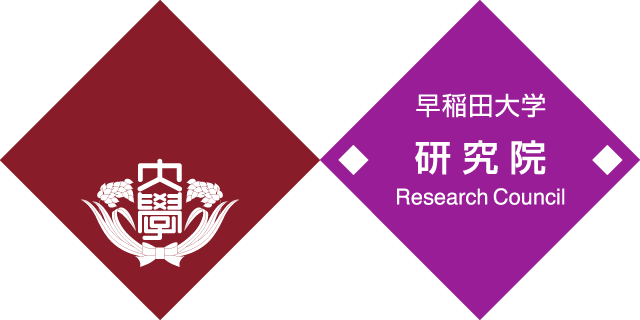- Date&Time
Thursday, 23 November 2017 / 13:00 ~17:50 - Venue
Ono Auditorium Waseda Campus - Language
English
Overview
In 2016, there was a surge in the anti-globalist movement. Why, then, did anti-globalism (often referred to as “populism”) increase in Britain and the United States, which resulted in a significant influence on policy-making? Why did criticism of those same policies not lead to an anti-globalist movement in continental Europe? Why has the same not occurred in Southeast Asian countries? This symposium addresses these three questions by approaching them from the two perspectives of economics and politics.
In session 1, which was titled “Globalization and challenges for economics and social development,” three reporters considered economic and social factors influencing recipient countries’ decision to accept or refuse immigrants. In the report by Prof. Masahiko Gemma titled “Globalisation, and Economic and Social Conditions Surrounding the United States,” the economic trends of each country were reported using minute data. The second report, by Prof. Osamu Ieda, titled “Globalization and Eurasian Countries” reported the immigration policy that was seen in the referendum carried out in 2016 in Hungary. In the report by Dr. Akifumi Kuchiki, titled “Economic Relations for Asian Countries,” he considered regional integration from the viewpoint of economic activities in the ASEAN and East Asian countries in the context of China’s “one belt, one road” initiative.
In session 2, which was titled “Anti-globalism and Institutional and Social Development,” four reporters cited cases from four regions on institutional factors that expand or suppress anti-globalism. As for the report by Prof. Takashi Yoshino (Waseda University), the United States was taken as a case, and consideration was given to the current phenomenon of populism and anti-globalism from a political and historical perspective. Prof. Koji Fukuda (Waseda University) reported the problem of compatibility between the nation state and globalization, with the entire EU as a case. Prof. Takashi Terada (Doshisha University) reported a case of Singapore. As per his report, the anti-globalization movement was not seen in the country, but it was confirmed that there was also a factor contributing to destabilization in the long term. Finally, Prof. Yasuyuki Matsunaga (Tokyo University of Foreign Studies) reported Iran’s case: In Iran, where populism emerged in past politics, consideration was given to factors that prevented the anti-globalization movement from developing. Finally, as a general debate, all the reporters to the discussion developed a bird’s-eye view of the whole world while discussing the regional differences in anti-globalism around the world.





